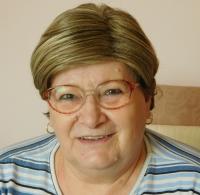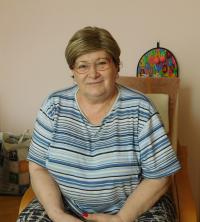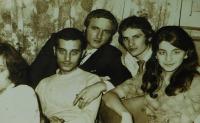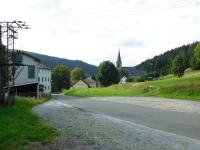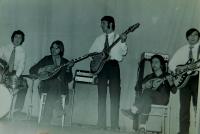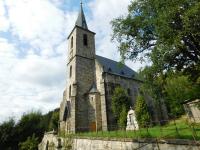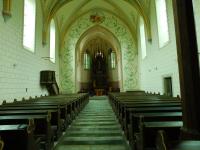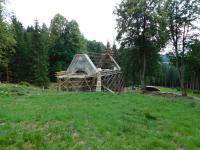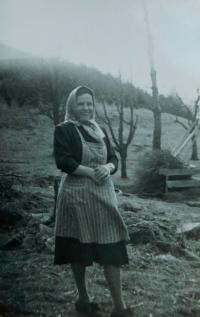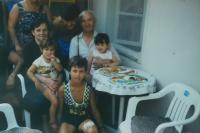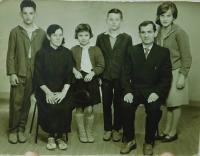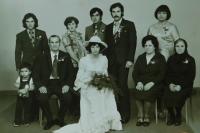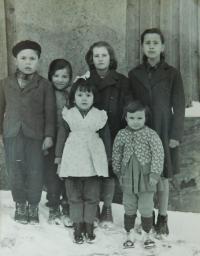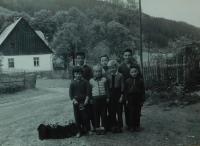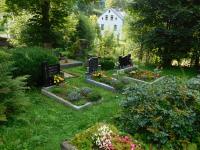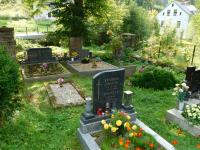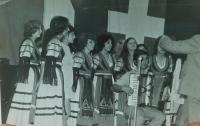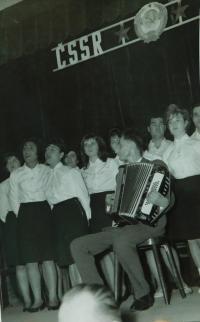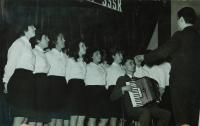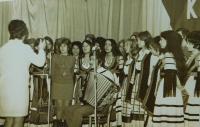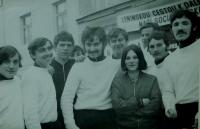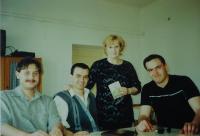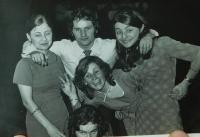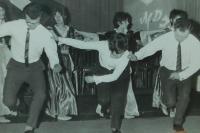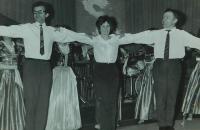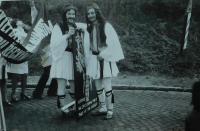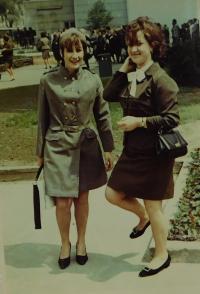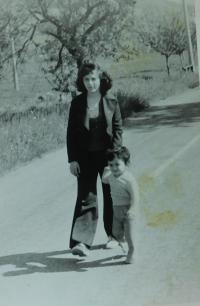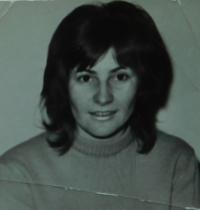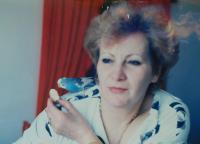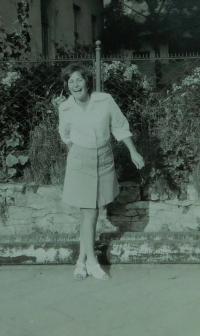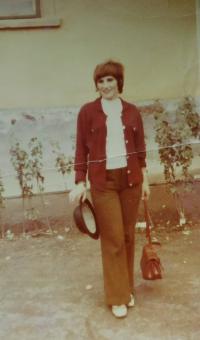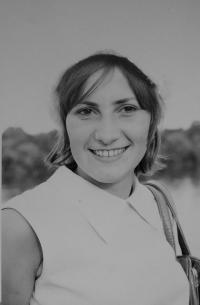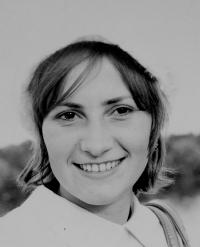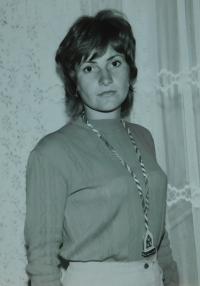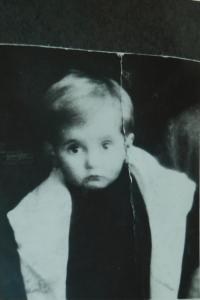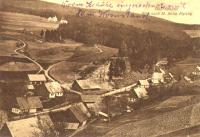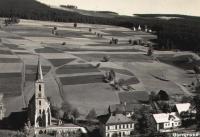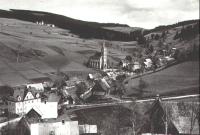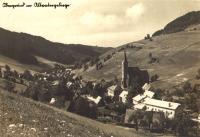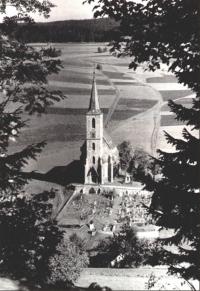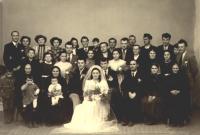I feel sad because we forgot our habits

Stáhnout obrázek
Zacharula Jordanidu, née Satiropulu, according to the birth certificate, was born on 8 August, 1948. In fact she was already born a year earlier, which is on 7 August, 1947. The father apparently reported the wrong date to the officers of the Red Cross. She was born in the village of Nestorio in the North-Western Greece during the escape of her parents to Albania from civil war, where her father and grandad fought for the left-wing Democratic army of Greece (DSE). The family was then transported to Poland and then to Czechoslovakia. They were placed to North-Moravian village of Horní Údolí, which was uninhabited after the displacement of the original German population. Upper and next Dolní Údolí was meant to be inhabited by the Greek refugees and they placed over five hundred Greeks there, who made the vast majority of locals. In 1962 the family moved to Zlaté Hory and in 1974 the witness moved to Jeseník, where she lived also in 2018. In 1980s the brother Dimitrios and his wife went back to Greece and about ten years later also the parents of the witness. But the father died in 2003 and Zacharula Jordanidu moved the mother back to Czech Republic to live in Zlaté Hory again. The witness never forgot her origin. She devoted herself to Greek dancing and singing, also in Greek choirs in Zlaté Hory and Jeseník, she taught Greek language and dancing to children and since 2001 she is a chairwoman of the Greek community in Jeseník.
